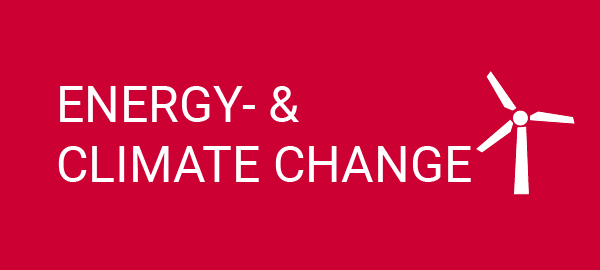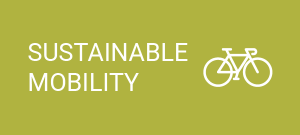How to best integrate spatial planning and regional energy policy perspectives in the Baltic Sea Region? What are the main challenges, policy goals and recent developments? Which stakeholder involvement methods and financing systems increase social acceptance of renewable energy installations? These and many other questions will be discussed at the international conference “Renewable energy and spatial planning: challenges and future perspectives”, to be held in Riga and Jelgava, Latvia, on 29-30 January 2019. Agenda available here.
The conference is organised in the frame of the BSR Interreg project “Baltic Energy Areas – A Planning Perspective” (BEA-APP), co-financed by the Interreg Baltic Sea Region Programme and recognised as a flagship project of the EU Strategy for the Baltic Sea Region. More than 70 experts, ministry representatives, energy agencies, municipalities, NGOs and other stakeholders from ten Baltic Sea Region countries will participate in the conference to learn about main results and outcomes of the BEA-APP project, and to network with other projects and initiatives dealing with renewable energy and spatial planning.
On the second day, the conference continues in the Jelgava city with an introductory session on regional energy and climate change mitigation strategies and concepts developed in the context of the BEA-APP project. Participants will also visit the facility of “FORTUM Jelgava” Ltd., a local energy production company. This is the first large-scale biomass cogeneration plant in the country and provides about 85 % of the heat necessary for Jelgava’s district heating.
The conference will enable participants to gain new knowledge, participate in interactive discussions, exchange opinions and network with others from across the Baltic Sea Region who are engaged in the region’s sustainable energy transition.
About the BEA-APP project
In the project “Baltic Energy Areas – A Planning Perspective” 11 partners from eight countries around the Baltic Sea cooperate to support the transition towards low-carbon energy systems. The project aims at increasing the capacity of regional and renewable energy planning actors by providing adjusted spatial planning instruments targeting renewable energy development, developing innovative stakeholder involvement methods and financing systems to increase social acceptance through local ownership and applying the developed measures to pilot cases, studying the features of suitable renewable energy production sites and, thereby, setting the scene for concrete projects.

